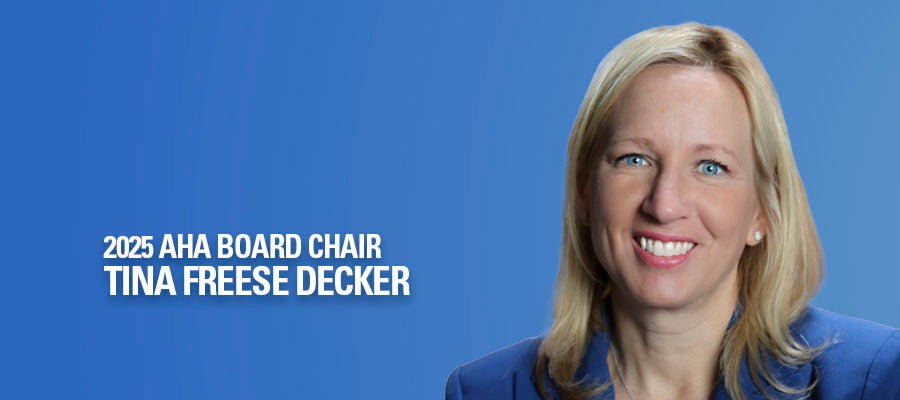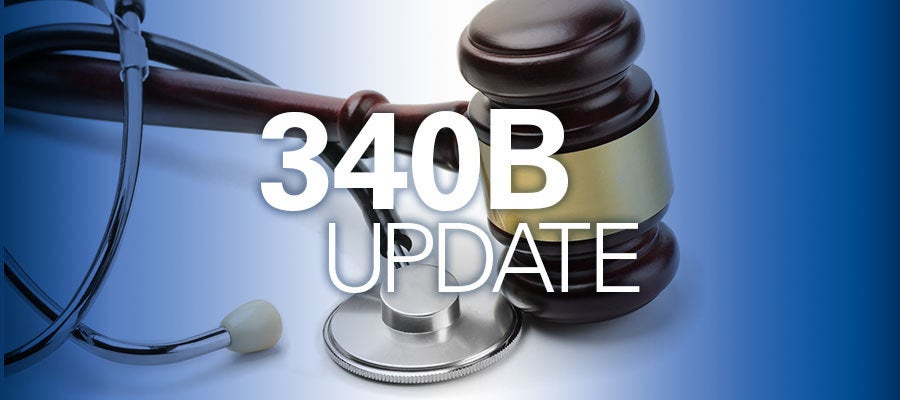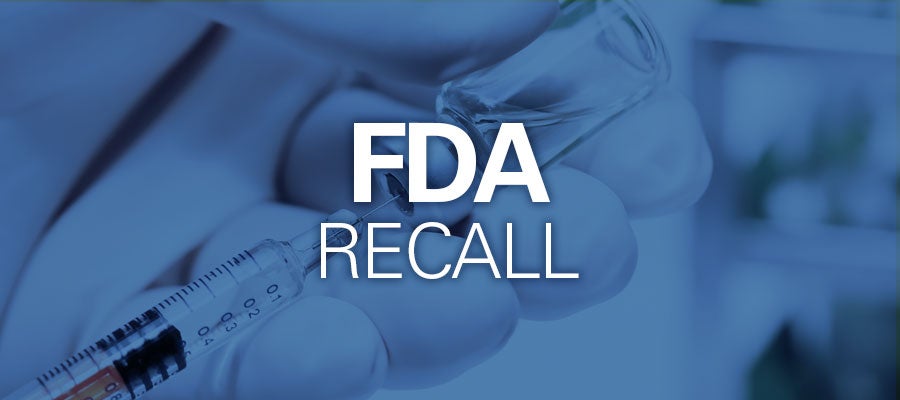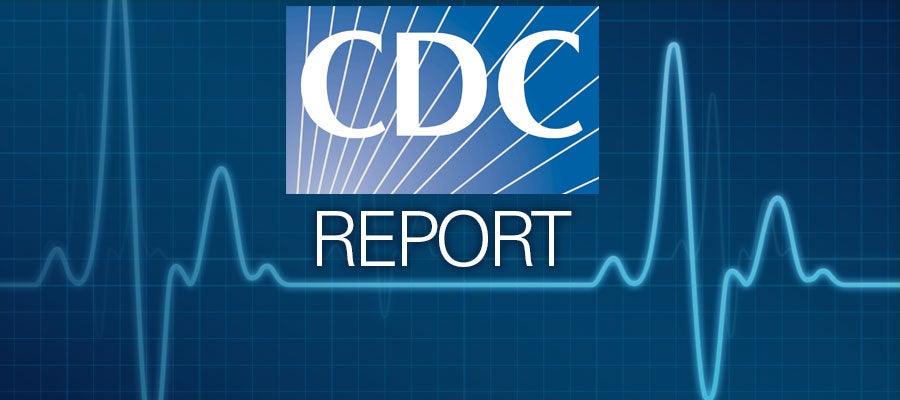
The AHA supports adding data classes and elements to future versions of the U.S. Core Data for Interoperability to capture standardized data on social determinants of health, but suggests prioritizing technical infrastructure development, incorporating lessons learned and continuing investments in real-world testing, the association told the Office of the National Coordinator for Health Information Technology.







